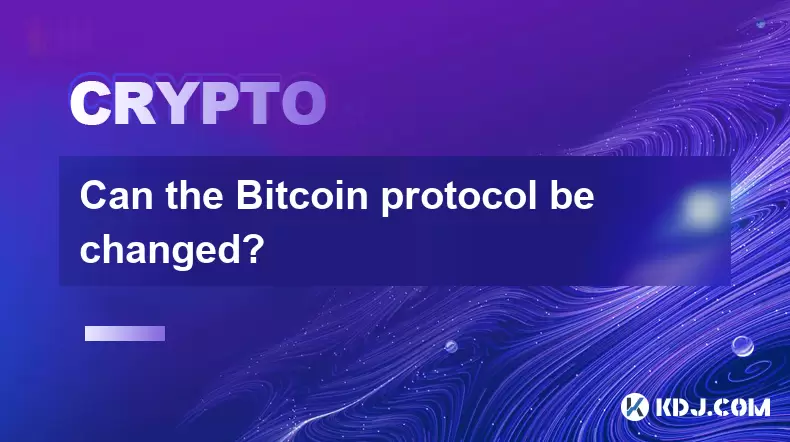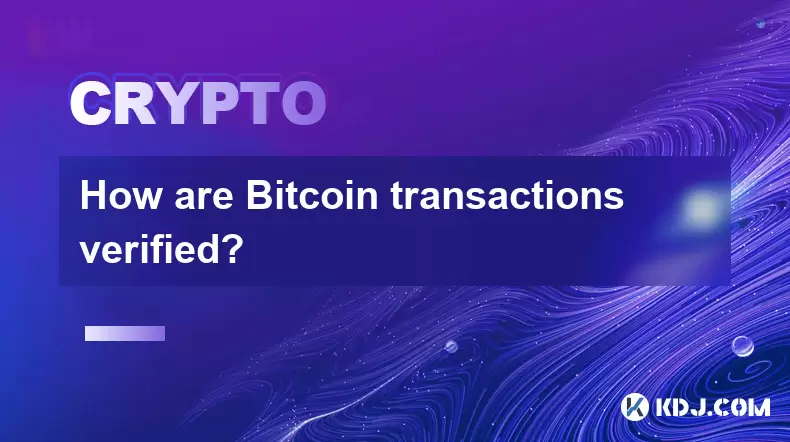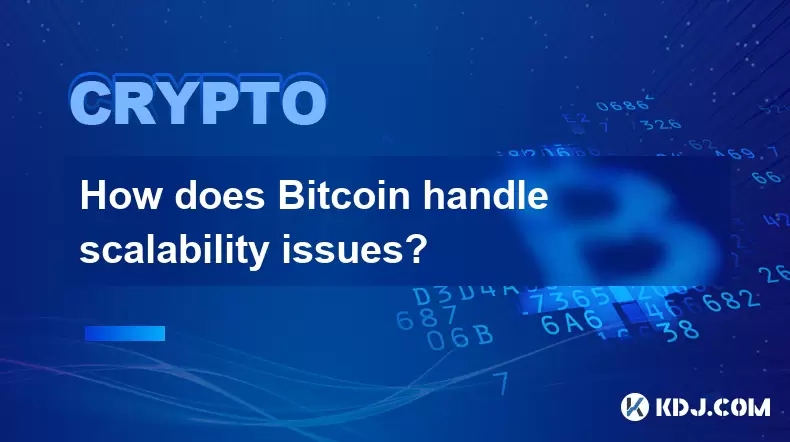-
 Bitcoin
Bitcoin $117500
2.15% -
 Ethereum
Ethereum $3911
6.19% -
 XRP
XRP $3.316
10.79% -
 Tether USDt
Tether USDt $1.000
0.01% -
 BNB
BNB $787.2
2.24% -
 Solana
Solana $175.2
4.15% -
 USDC
USDC $0.9999
0.00% -
 Dogecoin
Dogecoin $0.2225
8.40% -
 TRON
TRON $0.3383
0.28% -
 Cardano
Cardano $0.7868
6.02% -
 Stellar
Stellar $0.4382
9.34% -
 Hyperliquid
Hyperliquid $40.92
7.56% -
 Sui
Sui $3.764
7.63% -
 Chainlink
Chainlink $18.48
10.66% -
 Bitcoin Cash
Bitcoin Cash $582.1
1.88% -
 Hedera
Hedera $0.2601
6.30% -
 Avalanche
Avalanche $23.33
4.94% -
 Ethena USDe
Ethena USDe $1.001
0.02% -
 Litecoin
Litecoin $122.3
2.04% -
 UNUS SED LEO
UNUS SED LEO $8.969
-0.27% -
 Toncoin
Toncoin $3.339
0.86% -
 Shiba Inu
Shiba Inu $0.00001287
4.30% -
 Uniswap
Uniswap $10.43
7.38% -
 Polkadot
Polkadot $3.861
5.08% -
 Dai
Dai $1.000
0.02% -
 Bitget Token
Bitget Token $4.513
3.41% -
 Monero
Monero $267.7
-6.18% -
 Cronos
Cronos $0.1499
4.14% -
 Pepe
Pepe $0.00001110
5.15% -
 Aave
Aave $284.9
8.28%
What are the formal channels for buying Bitcoin? Detailed explanation of Bitcoin purchase channels
For individuals seeking convenience and lower fees, cryptocurrency exchanges like Coinbase and Robinhood offer a reliable channel to purchase Bitcoin.
Oct 07, 2024 at 09:48 pm

Formal Channels for Buying Bitcoin
1. Cryptocurrency Exchanges
- Centralized exchanges: Offer a wide range of cryptocurrencies, including Bitcoin. They act as intermediaries, connecting buyers and sellers. Examples include Binance, Coinbase, and Kraken.
- Decentralized exchanges (DEXs): Peer-to-peer marketplaces that allow users to purchase Bitcoin directly from each other without a third party. Top DEXs include Uniswap and Sushiswap.
2. Brokerage Firms
- Crypto brokers: Offer a streamlined way to buy Bitcoin. They typically have lower fees than exchanges but may charge spreads (differences between the buy and sell prices). Examples include Robinhood and PayPal.
- Traditional financial brokers: Some brokers, such as Fidelity and Charles Schwab, now offer Bitcoin trading to their clients.
3. Automated Teller Machines (ATMs)
- Bitcoin ATMs allow users to purchase Bitcoin using cash, debit, and credit cards. They are often located in public areas, such as malls and convenience stores.
4. Over-the-Counter (OTC) Trading
- OTC trading involves buying or selling Bitcoin directly with large brokers or market makers. This method is typically used by institutional investors and individuals seeking large quantities of Bitcoin.
5. Peer-to-Peer Platforms
- LocalBitcoins: A peer-to-peer marketplace that connects buyers and sellers based on location. Transactions are typically made in person or through online escrow services.
- Paxful: Another peer-to-peer platform that offers over 350 payment methods, allowing for seamless purchases.
6. Bitcoin Debit Cards
- Visa and Mastercard offer Bitcoin-linked debit cards. These cards allow users to spend their Bitcoin anywhere that the respective cards are accepted. Examples include Coinbase Card and BitPay Card.
Disclaimer:info@kdj.com
The information provided is not trading advice. kdj.com does not assume any responsibility for any investments made based on the information provided in this article. Cryptocurrencies are highly volatile and it is highly recommended that you invest with caution after thorough research!
If you believe that the content used on this website infringes your copyright, please contact us immediately (info@kdj.com) and we will delete it promptly.
- FTT Token's Wild Ride: Creditor Repayments vs. Market Drop - A New Yorker's Take
- 2025-08-08 07:10:12
- Floki Crypto Price Prediction: Riding the Robinhood Rocket or Just a Meme?
- 2025-08-08 07:15:12
- EigenLayer, Restaking, and Ethereum: Navigating the Hype and the Hazards
- 2025-08-08 06:30:12
- Super Bowl 59: Jon Batiste to Jazz Up the National Anthem
- 2025-08-08 06:30:12
- Cold Wallet Crypto in 2025: The Future is Now, Ya'll
- 2025-08-08 05:10:13
- MAGACOIN, SOL, and ADA: A Tale of Shifting Tides in Crypto
- 2025-08-08 05:10:13
Related knowledge

Can the Bitcoin protocol be changed?
Aug 07,2025 at 01:16pm
Understanding the Bitcoin ProtocolThe Bitcoin protocol is the foundational set of rules that govern how the Bitcoin network operates. It defines every...

How are Bitcoin transactions verified?
Aug 08,2025 at 06:57am
Understanding Bitcoin Transaction VerificationBitcoin transactions are verified through a decentralized network of nodes and miners that ensure the le...

What are some common misconceptions about Bitcoin?
Aug 07,2025 at 07:22pm
Bitcoin is Just Like Regular MoneyA widespread misconception is that Bitcoin functions identically to traditional fiat currencies like the US dollar o...

Is Bitcoin a solution for inflation?
Aug 08,2025 at 04:57am
Understanding Inflation and Its Impact on Traditional CurrenciesInflation refers to the sustained increase in the price of goods and services over tim...

How does Bitcoin handle scalability issues?
Aug 07,2025 at 10:54am
Understanding Bitcoin’s Scalability ChallengeBitcoin’s design prioritizes decentralization, security, and immutability, but these principles come with...

Do you need to understand technology to use Bitcoin?
Aug 07,2025 at 06:17am
Understanding the Basics of BitcoinTo engage with Bitcoin, one does not need a deep understanding of the underlying technology, much like how individu...

Can the Bitcoin protocol be changed?
Aug 07,2025 at 01:16pm
Understanding the Bitcoin ProtocolThe Bitcoin protocol is the foundational set of rules that govern how the Bitcoin network operates. It defines every...

How are Bitcoin transactions verified?
Aug 08,2025 at 06:57am
Understanding Bitcoin Transaction VerificationBitcoin transactions are verified through a decentralized network of nodes and miners that ensure the le...

What are some common misconceptions about Bitcoin?
Aug 07,2025 at 07:22pm
Bitcoin is Just Like Regular MoneyA widespread misconception is that Bitcoin functions identically to traditional fiat currencies like the US dollar o...

Is Bitcoin a solution for inflation?
Aug 08,2025 at 04:57am
Understanding Inflation and Its Impact on Traditional CurrenciesInflation refers to the sustained increase in the price of goods and services over tim...

How does Bitcoin handle scalability issues?
Aug 07,2025 at 10:54am
Understanding Bitcoin’s Scalability ChallengeBitcoin’s design prioritizes decentralization, security, and immutability, but these principles come with...

Do you need to understand technology to use Bitcoin?
Aug 07,2025 at 06:17am
Understanding the Basics of BitcoinTo engage with Bitcoin, one does not need a deep understanding of the underlying technology, much like how individu...
See all articles

























































































